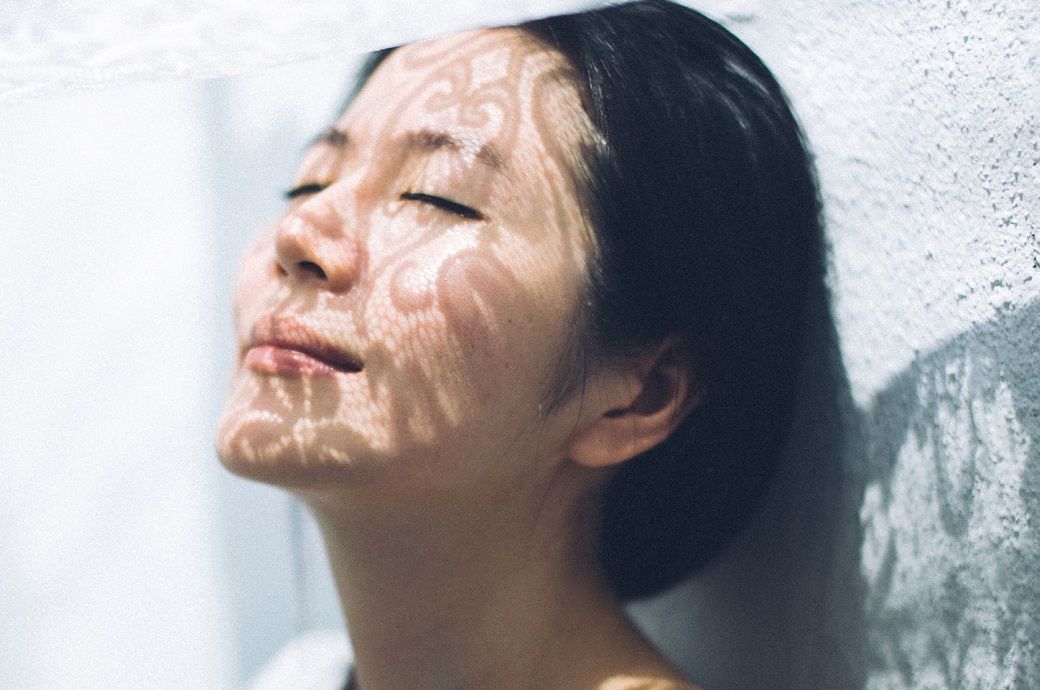
Several in vitro and ex vivo studies conducted by BASF have shown VitaGuard A to improve retinol stability in cosmetic formulations compared to non-encapsulated retinol, enhance skin bioavailability and prevent retinol-induced irritation. Additionally, it clinically improves the forehead wrinkles appearance, skin elasticity and skin tone evenness to connect with retinol’s attractive nature as an anti-aging molecule.
Clinical study conducted with VitaGuard A on its effectiveness as an anti-aging molecule
In a randomised, full-face, double-blind clinical study on Chinese volunteers, VitaGuard A as a cream was evaluated at 2% (equivalent to 0.1% retinol) on its effectiveness as an anti-aging molecule compared to non-encapsulated retinol at 0.1%. The results concluded that VitaGuard A significantly showed an anti-wrinkle effect on forehead wrinkle appearance compared to baseline (D0). After 8 weeks, forehead wrinkle volume was reduced by 37% (p<0.01). While assessing skin elasticity improvement, compared to baseline, VitaGuard A showed significant increase in skin elasticity vs D0 (+16%, p<0.001). Moreover, skin tone evenness was notably improved, showing a variation of 15% compared to the baseline measurements obtained (p<0.001). All these parameters were found to be directionally better versus the same formulation containing non-encapsulated retinol at the same dose of 0.1%.
The development of VitaGuard A highlights BASF’s commitment to addressing customers’ needs for the ease of use of retinol, while delivering notable anti-aging effects. Furthermore, it is an example of how the company’s Personal Care business is addressing future challenges. Sustainability, digitalisation, innovation and new approaches to working together are the key cornerstones to Care 360° – Solutions for Sustainable Life.
ALCHEMPro News Desk (MS)
Receive daily prices and market insights straight to your inbox. Subscribe to AlchemPro Weekly!